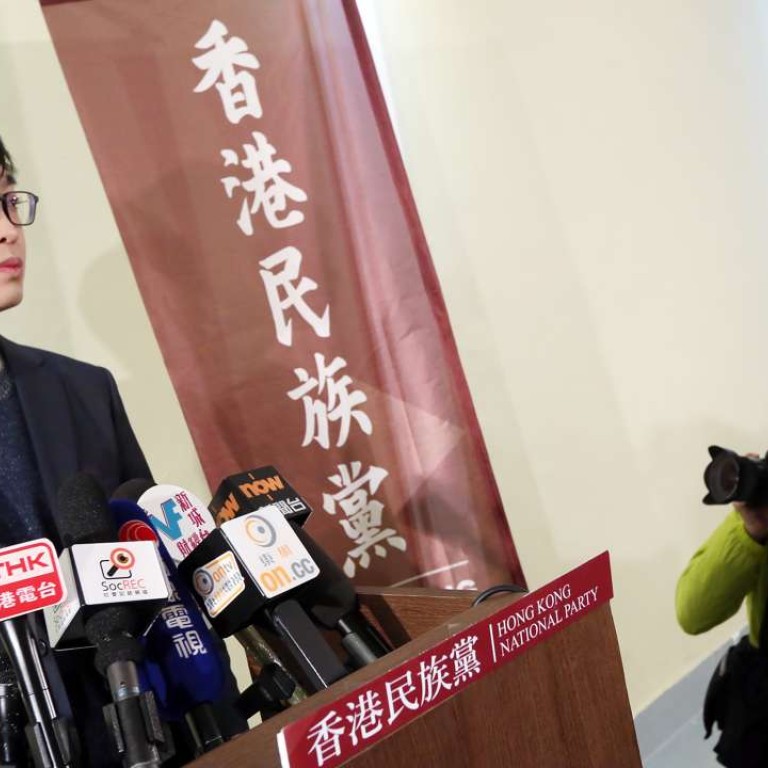
Talk of Hong Kong independence is not criminal, but it’s not helpful either
Grenville Cross says the idea of going it alone is a non-starter and we should be wary of the consequences of damaging relations by antagonising Beijing
Although the Hong Kong National Party’s calls for independence have upset many people, the party is on a hiding to nothing. Hong Kong is an integral part of China, and this will not change. Beijing will never yield an inch of territory.
In the early 1980s, when Margaret Thatcher’s government examined its 1997 options, it reportedly considered the possibility of Hong Kong independence given that, under the lease, only the New Territories would revert to China. However, despite Thatcher’s qualms at handing Hong Kong over to communist China, this option was quickly rejected. Hong Kong without the New Territories would no longer be viable and, without China’s support, it would fail.
CY Leung warns independence talk by some will cost all Hongkongers dearly
But independence advocacy does not, of itself, contravene the criminal law. Although, under the Crimes Ordinance, treason and sedition are existing offences, neither, on a proper reading, could be used to charge people who peacefully argue for independence. Treason involves force or violence against the sovereign, and sedition is defined as inciting violence, promoting hatred, contempt or disaffection, or stirring up ill will.

Seekers of Hong Kong independence must have the foresight and patience to walk a peaceful path
Article 23 requires Hong Kong to enact national security laws, and some imagine that if the offences of subversion and secession were introduced, the independence advocates could be prosecuted, but this is wishful thinking. If Tung Chee-hwa’s National Security Bill, abandoned in 2003 following protests, is anything to go by, independence advocacy would not be criminalised by subversion or secession laws. Whereas the draft section 2A defined subversion as disestablishing, intimidating or overthrowing the central government by using “force or other serious criminal means”, section 2B described secession as withdrawing a part of China by “force or serious criminal means” or “engaging in war”. Peaceful independence advocacy would, therefore, not be covered.
Independence advocacy would not be criminalised by subversion or secession laws
Moreover, under the International Covenant on Civil and Political Rights, which applies to Hong Kong, people are entitled “to hold opinions without interference” and to enjoy “freedom of expression”. However, the societies officer, after consulting the secretary for security, can decline to register a group under the Societies Ordinance if it threatens “national security or public safety” or if it has a connection “with a political organisation in Taiwan”. This might give campaigners pause for thought; officers of an unregistered society are liable to prosecution.
Although independence advocates are not criminals, they have nothing tangible to offer. By undermining goodwill, they may actually damage our future. The Basic Law’s “50 years unchanged” expires in 2047, and Beijing has yet to decide what happens after that. If independence groups continue to antagonise Beijing, and if Article 23 is not enacted, we should not be surprised if what emerges after 2047 is not to our liking.
Grenville Cross SC is a criminal justice analyst

